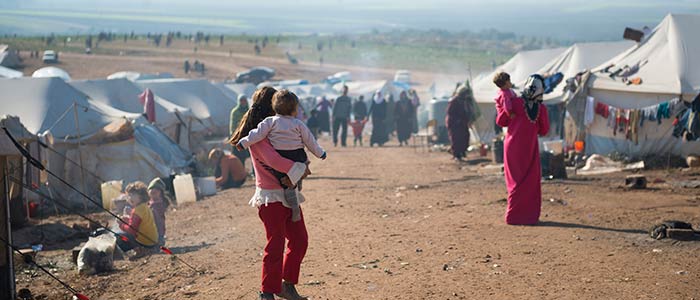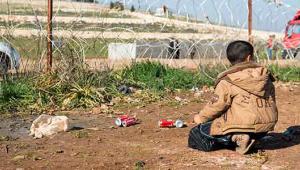The International Syria Support Group, which includes the UK, US, Germany, Russia, Iran and Saudi Arabia, agreed that a cessation of hostilities will come into force within one week.
However the ceasefire will not apply to action against extremist groups including Isis and the al-Nursra Front, and there was no clear commitments to end Russian airstrikes that have been criticised for hitting civilians and moderate opposition groups.
UK foreign secretary Phillip Hammond said if implemented fully and properly by every ISSG member, “this will be an important step towards relieving the killing and suffering in Syria”.
However he, together with US secretary of state John Kerry, United Nations special envoy Staffan de Mistura and other members of the ISSG, acknowledged that the outcome of the agreement will depend on whether all parties to the conflict honour its terms.
A statement from the ISSG said the ceasefire will begin in one week following confirmation from the Syrian government and the opposition.
In the meantime an ISSG taskforce will be established under the auspices of the UN, co-chaired by Russia and the US and including political and military officials and with the participation of ISSG members with influence on the armed opposition or groups fighting in support of the government.
Over the week the task force will “develop modalities for the cessation of hostilities”.
The statement also said sustained delivery of humanitarian aid will begin this week, focused first on the most in need areas including the besieged cities of Deir Ez Zour, Fouah and Madaya and will continue “as long as humanitarian needs persist”.
This will be a “first step toward full, sustained and unimpeded access throughout the country”, it said.
The news comes two days after 160 humanitarian organisations called for an immediate ceasefire and unimpeded, sustained access for live-saving aid.
“In the name of our shared humanity... for the sake of millions of innocents who have already suffered so much... and for the millions more whose lives and futures hang in the balance, we call for action now,” a joint-statement said.
The main Syrian opposition group is reported to have welcomed the plan but warned that the agreement must bring results before it is ready to sit at the negotiating table.
An end to sieges and Russian airstrikes have been a key demand of the opposition, and their continuation was integral to the collapse of peace talks earlier this month.
Hammond said: “Russia in particular claims to be attacking terrorist groups and yet consistently bombs non-extremist groups including civilians.
“If this agreement is to work, the bombing will have to stop: no cessation of hostilities will last if moderate opposition groups continue to be targeted.”














